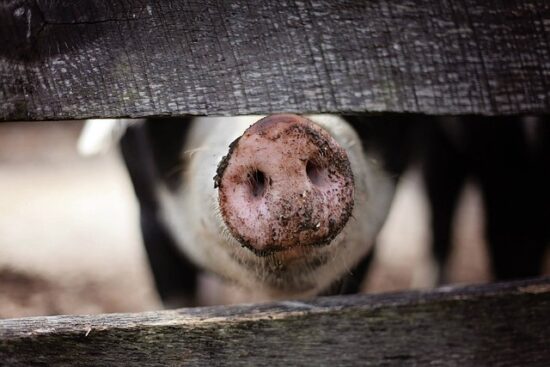Swine Farming Emissions Drive Deterministic Assembly of Antibiotic Resistance Genes in Receiving River: A New Ecological Perspective
A new study from China’s lower Yangtze River Basin reveals how intensive swine farming drives the spread and assembly of antibiotic resistance genes (ARGs) in river ecosystems. Using metagenomic sequencing and ecological modeling, researchers identified 946 ARGs across manure, paddy water, and river samples. River sediments closely mirrored manure profiles, containing more high-risk genes such as acrE and acrF and exhibiting higher ARG risk scores than river water. Analyses showed that deterministic ecological processes—especially heterogeneous selection—dominate ARG assembly, strongly influenced by livestock-derived inputs. Source tracking attributed 12% of ARGs in river water and over 31% in sediments to swine farming. These findings demonstrate that livestock emissions act as a key driver of ARG dissemination and ecological selection, emphasizing the urgent need for targeted strategies to mitigate AMR spread in agricultural landscapes.
AMR NEWS
Your Biweekly Source for Global AMR Insights!
Stay informed with the essential newsletter that brings together all the latest One Health news on antimicrobial resistance. Delivered straight to your inbox every two weeks, AMR NEWS provides a curated selection of international insights, key publications, and the latest updates in the fight against AMR.
Don’t miss out on staying ahead in the global AMR movement—subscribe now!






